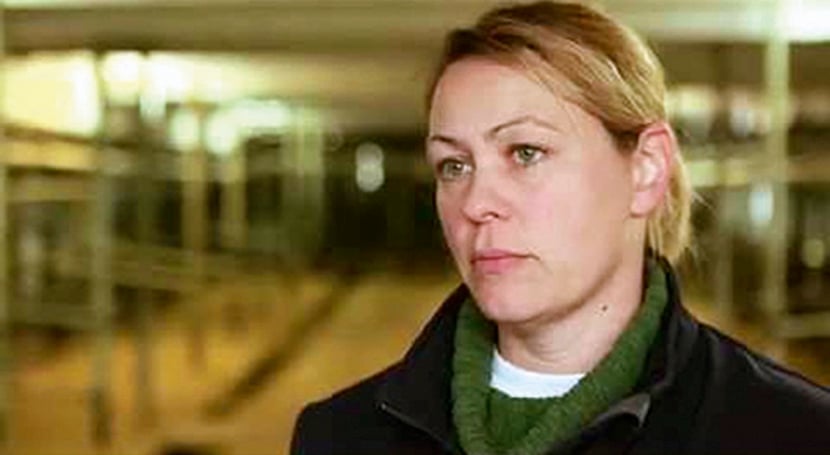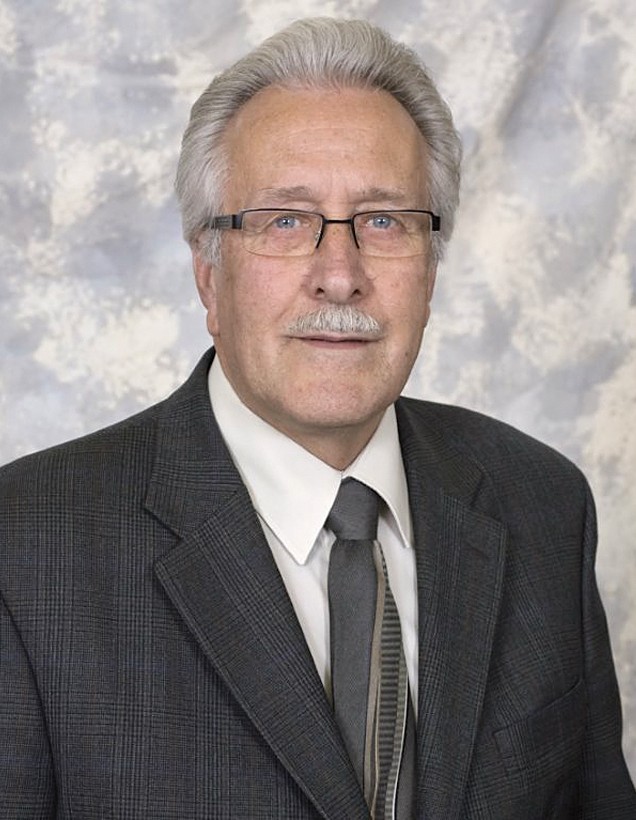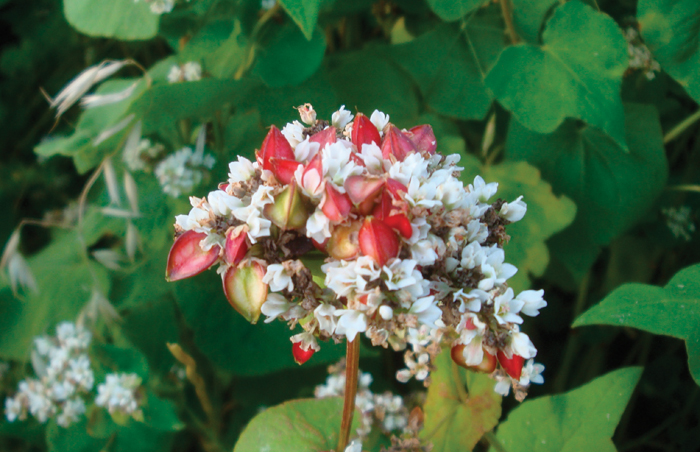An expanded mandate, a new agricultural foundation, and possibly a name change are some of the changes in the works for the Manitoba Rural Adaptation Council (MRAC) as it implements a new strategic plan.
About 60 in attendance at last week’s annual general meeting heard details on how MRAC plans to significantly rebrand and reposition itself. The council was formed in 1995 to help farm families and rural communities innovate and adapt to a changing operating environment, with part of its mandate being to administer Manitoba’s portion ($9.5 million) of federal Canadian Agricultural Adaptation Program funding.
Read Also

Air, land and sea join forces as Manitoba launches Arctic trade corridor plans
Manitoba wants to take its Arctic trade routes to the big leagues. The Port of Churchill, CentrePort Canada and Winnipeg airport have all raised their hands to help it happen.
But as agriculture is increasingly called on to be a “solution provider” for pressing issues in areas such as health and the environment, MRAC’s board sees the need to “stretch its wings,” said Ted Eastley, MRAC executive director.
A new annual operating plan should be finalized by April and the council board has already signed off on a new strategic plan and made several bylaw changes, Eastley told the meeting.
Expanded focus
A substantive change ahead includes expanding their focus beyond a single portfolio delivery agent, and beginning to attract, administer and manage innovation in areas outside agriculture such as health. MRAC is well positioned to support a broader range of adaptation and innovation initiatives, Eastley said. But for that additional innovation dollars are needed, which may be found within other sectors such as health.
“We’re going to start knocking on doors trying to expand the number of portfolios we’re dealing with.”
They also want to try to expand the range of services MRAC offers, including offer more support for projects moving toward commercialization.
“One of the restricting things is we fund up to the commercialization stage,” Eastley said. “There’s no shortage of innovative ideas. But where do you go to for funding to get to the next stage? That’s where there’s a great shortfall.”
The creation of an agricultural foundation for Manitoba is also on the drawing board. There are numerous foundations in the province, but not one for making large investments towards a specific area within the ag sector, Eastley said. MRAC has temporarily registered the name Manitoba Agricultural Foundation and wants to move towards the development of same, he added.
Board changes
Several faces will change at the board table.
St. Pierre-Jolys dairy farmer Shelley Curé announced she is resigning from the board after eight years of service. She became MRAC board chair last year.
“It’s with a heavy heart I do so, but it’s time for new blood and for someone to take the helm for this new direction we’re going in,” she said.
Curé’s service to MRAC, plus that of five other outgoing directors, including Mark Sloan, Brian Cotton, Colin Hudson and Evan Gillis were recognized at the meeting.
Terry Fehr, a former honeybee colony manager and Gladstone resident was elected the new MRAC chair.
“MRAC will play an increasingly larger role improving the lives of all rural Manitobans by questioning the status quo and pushing boundaries,” said Fehr.
“I look forward to being a part of this exciting future with MRAC.”
MRAC membership also re-elected directors Betty Green and Jim Green to a new term on the MRAC board. Gwendolyn Donohoe, formerly a youth director, starts a three-year term on the board, along with Gordon Earl, Dr. Allan Preston, Lloyd Grenkow, and Hank Venema.
Anastasie Hacault is the youth director serving for a one-year term.
Donohoe is a rancher from The Pas, Earl is a Morden-based business development manager with Farm Credit Canada as well as director with Manitoba Institute of Agrologists. Preston is a consulting veterinarian and recently retired assistant deputy minister of agriculture. Grenkow is a dairy producer just outside Winnipeg. Hacault works at Pulse Canada as its market access and competitiveness manager.
Venema is director of the natural and social capital program at the Water Innovation Centre within the International Institute for Sustainable Development IISD in Winnipeg.
Venema said MRAC and the WIC see emerging opportunities in agriculture through improved water and environmental management.
“MRAC and IISD share the same vision there,” he said. “It’s time for IISD to really focus on innovation for sustainable development in Manitoba.”

















